Latest about iPhones
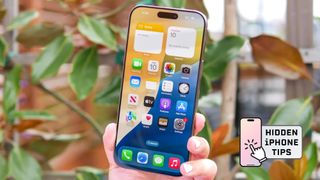
I took my iPhone's dark mode to the next level — here's the hidden trick
By Kaycee Hill published
Take your iPhone's dark mode one step further with these three hidden accessibility features.
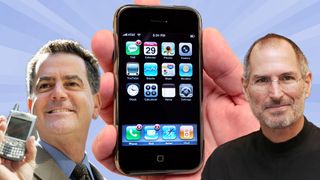
‘We predict the iPhone will bomb’: The 10 most embarrassing quotes about Apple’s first smartphone
By Dan Moren published
The original iPhone was announced over 19 years ago, with many critics painting a bleak outlook for Apple’s first smartphone, but these predictions didn’t age well.
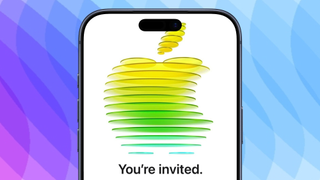
Apple March 4 event — all the new products we expect
By Tom Pritchard last updated
From iPhone 17e to MacBook Air M5, here's what we expect to see at the "Special Apple Experience" on March 4.
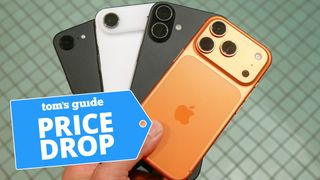
Best iPhone 17 deals in February 2026
By Louis Ramirez last updated
iPhone 17 deals are live. Here are all the best deals you can get on every iPhone in Apple's new lineup.
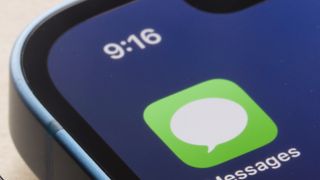
The wait for encrypted RCS on iPhone is over — but Apple's still keeping it under wraps
By Tom Pritchard published
Apple is testing encrypted RCS messaging in iOS 26.4 beta — but it's not available if you want to message Android phones.
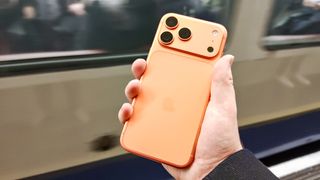
iPhone 18 Pro is shaping up to be the latest in a long string of disappointing phone launches
By Tom Pritchard published
iPhone 18 Pro's launch event is tipped to be underwhelming, but that shouldn't be a surprise considering the last several years of smartphone evolution.

iOS 26.4 beta 1 is now here — including encrypted RCS, better security, video podcasting and more
By Tom Pritchard published
iOS 26.4 beta 1 just landed for developers, and there are a bunch of useful features to try out.
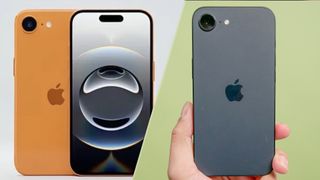
iPhone 17e vs. iPhone 16e: The rumored upgrades you need to know about
By Richard Priday published
With the iPhone 17e likely to arrive soon, let's check out how it might compare with the previous iPhone 16e.
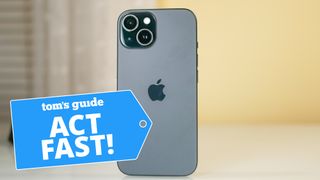
Why wait for iPhone 17e when the iPhone 15 is even cheaper right now
By Tom Pritchard published
Best Buy's Presidents' Day sale ends soon, but you can still save 50% off the original price of the iPhone 15 right now.
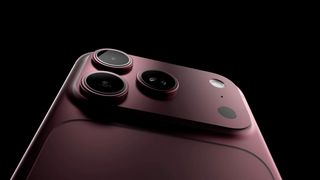
As a former phone engineer, I have some serious concerns about Apple potentially introducing variable apertures into the iPhone 18 Pro
By Josh Render published
A rumor has indicated that Apple could be taking a big step and introducing variable apertures into the iPhone 18 Pro. However, some issues need to be addressed.
Here at Tom’s Guide our expert editors are committed to bringing you the best news, reviews and guides to help you stay informed and ahead of the curve!
 Club Benefits
Club Benefits










